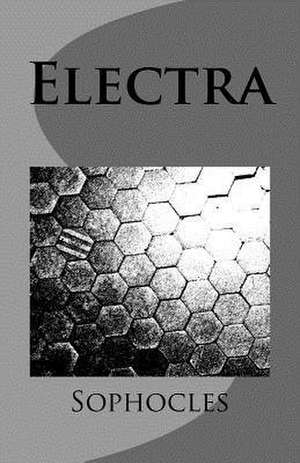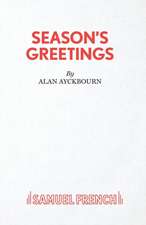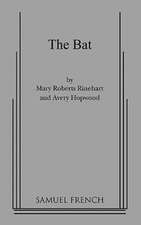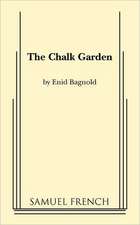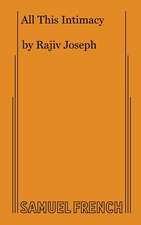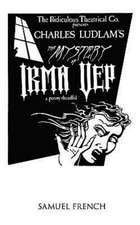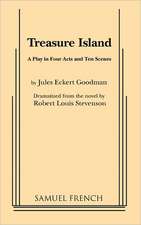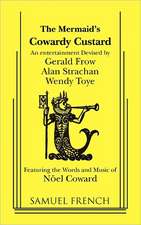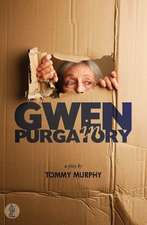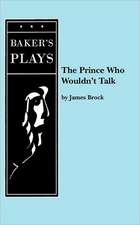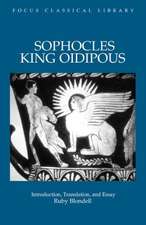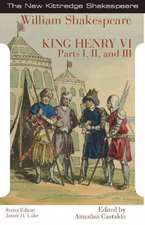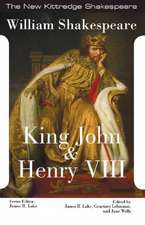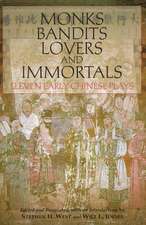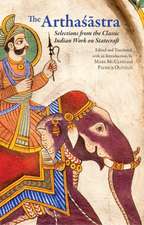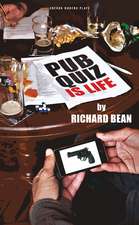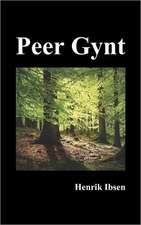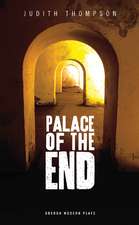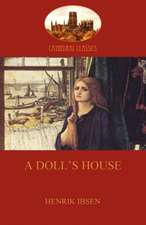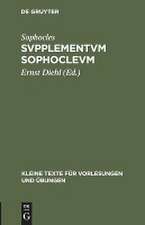Electra
Autor Sophoclesen Limba Engleză Paperback
| Toate formatele și edițiile | Preț | Express |
|---|---|---|
| Paperback (5) | 44.30 lei 3-5 săpt. | |
| – | 44.30 lei 3-5 săpt. | |
| Hackett Publishing Company – 30 apr 2008 | 86.31 lei 3-5 săpt. | |
| CREATESPACE – | 91.84 lei 3-5 săpt. | |
| Bloomsbury Publishing – 6 apr 2011 | 78.18 lei 6-8 săpt. | |
| CreateSpace Independent Publishing Platform – | 106.77 lei 6-8 săpt. |
Preț: 44.30 lei
Nou
Puncte Express: 66
Preț estimativ în valută:
8.48€ • 8.87$ • 7.06£
8.48€ • 8.87$ • 7.06£
Carte disponibilă
Livrare economică 10-24 martie
Preluare comenzi: 021 569.72.76
Specificații
ISBN-13: 9781532880902
ISBN-10: 1532880901
Pagini: 50
Dimensiuni: 140 x 216 x 3 mm
Greutate: 0.07 kg
ISBN-10: 1532880901
Pagini: 50
Dimensiuni: 140 x 216 x 3 mm
Greutate: 0.07 kg
Recenzii
"Roisman's book can serve as a very useful introduction for a newcomer to Classics and Greek tragedy and is well suited for a non-language student without ancient Greek. Also a beginning ancient Greek language student will find Roisman's translation helpful in many instances for working through Sophocles' original because of the faithfulness of her translation..." -- Elke Steinmeyer, Bryn Mawr Classical Review 2009.04.34
Notă biografică
Nick Payne won the 2009 George Devine Award for Most Promising Playwright. In 2010, he was the Pearson Playwright-in-Residence at the Bush Theatre. His first play, If There Is I Haven't Found It Yet, was producedat the Bush Theatre in October 2009. His second play, Wanderlust, was produced at the Royal Court Theatre in September 2010.
